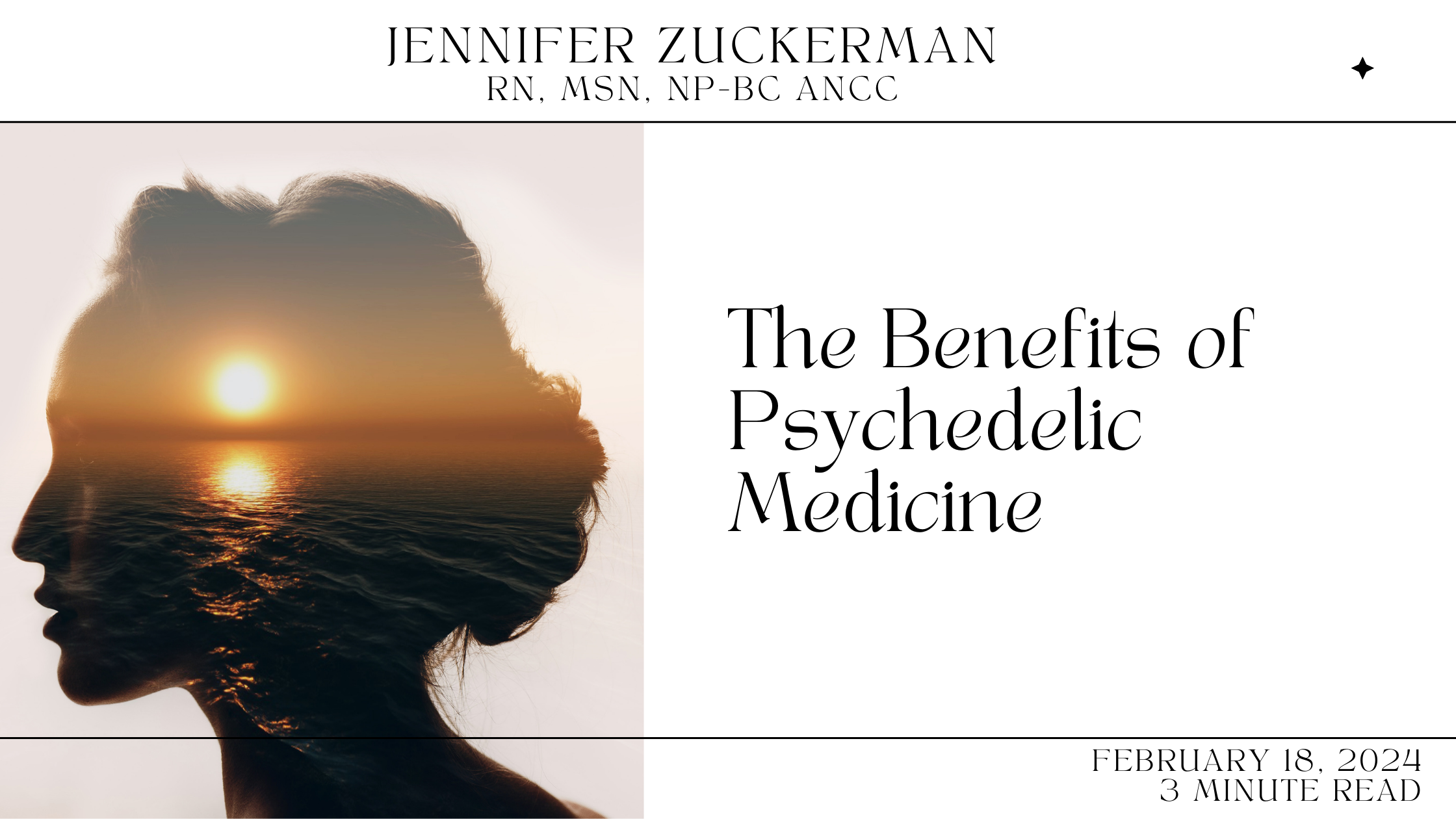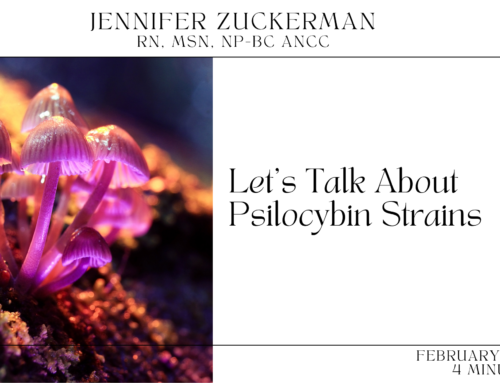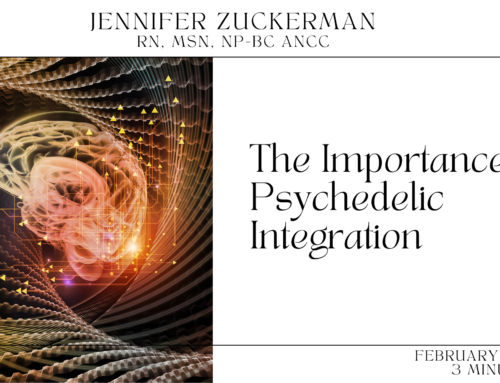Psychedelic medicine is experiencing a renaissance in the realms of healthcare and wellness, emerging as a promising alternative for the treatment of various mental health conditions. This resurgence is rooted in decades of research exploring the therapeutic potential of psychedelic substances, which have long been recognized for their ability to alter perception, thinking, and emotions. In recent years, a growing body of evidence has underscored the benefits of psychedelic-assisted therapy, shedding light on its effectiveness, safety, and potential to revolutionize mental health treatment. Let’s delve deeper into the multifaceted advantages of psychedelic medicine.
- Effective Treatment for Mental Health Conditions
Studies have demonstrated the efficacy of psychedelic medicine in addressing a spectrum of mental health disorders, including depression, anxiety, post-traumatic stress disorder (PTSD), and addiction. Notably, psychedelic-assisted therapy has shown promise in treating individuals with treatment-resistant depression, a population for whom conventional treatments have often fallen short. By modulating neural pathways, psychedelics can disrupt entrenched thought patterns and emotional cycles, offering patients a pathway toward profound healing and improved mental well-being.
- Non-Addictive and Non-Toxic Nature
A key distinction of psychedelic medicine is its non-addictive and non-toxic properties. Unlike many conventional medications, which carry the risk of dependence and adverse side effects, psychedelics offer a safer, more sustainable treatment option. Patients can undergo psychedelic therapy without fear of developing addiction or experiencing harmful physiological consequences. This aspect of psychedelic medicine enhances its appeal as a long-term therapeutic intervention for individuals grappling with chronic mental health challenges.
- Facilitation of Emotional Openness and Introspection
Psychedelic medicine has the remarkable ability to foster emotional openness and introspection, facilitating profound self-awareness and personal growth. Through the alteration of neural circuitry, these substances enable individuals to delve into the depths of their psyche, gaining insights into their emotions, behaviors, and relationships. This heightened introspective capacity serves as a powerful catalyst for therapeutic breakthroughs, empowering patients to confront and resolve deep-seated psychological issues.
- Promotion of Lasting Change
Unlike conventional pharmacotherapies, which may provide temporary relief, psychedelic-assisted treatment has demonstrated the potential to engender enduring changes in the brain. By inducing neuroplasticity and promoting synaptic connectivity, psychedelics facilitate profound shifts in cognition, mood, and behavior. Consequently, patients may experience sustained improvements in mental well-being, necessitating fewer treatment sessions and minimizing the risk of relapse. This capacity for lasting change positions psychedelic medicine as a transformative force in mental health care.
- Safe and Guided Therapeutic Environment
Psychedelic therapy typically occurs within a safe, supportive, and guided environment, ensuring that patients navigate their psychedelic experiences with optimal care and supervision. Trained therapists or guides accompany individuals throughout the therapeutic journey, offering reassurance, guidance, and emotional support. This structured approach fosters a sense of security and trust, enabling patients to surrender to the therapeutic process and explore the depths of their psyche with confidence.
- Spiritual and Existential Benefits
Beyond its therapeutic applications, psychedelic medicine holds profound spiritual and existential implications. Many individuals report transcendent experiences characterized by feelings of interconnectedness, awe, and reverence. These mystical encounters can instill a profound sense of meaning, purpose, and existential fulfillment, offering solace to those grappling with existential angst or spiritual longing. Such experiences underscore the potential of psychedelic medicine to transcend conventional paradigms of mental health treatment, addressing the profound existential dimensions of human existence.
In conclusion, psychedelic medicine represents a paradigm-shifting approach to mental health treatment, harnessing the therapeutic potential of mind-altering substances to facilitate profound healing and personal transformation. Its efficacy, safety, and capacity for enduring change underscore its significance as a therapeutic modality poised to revolutionize mental health care. As research continues to elucidate the mechanisms underlying its therapeutic effects and societal perceptions evolve, psychedelic medicine holds the promise of reshaping the landscape of mental health treatment, offering hope and healing to individuals and communities alike.







Leave A Comment